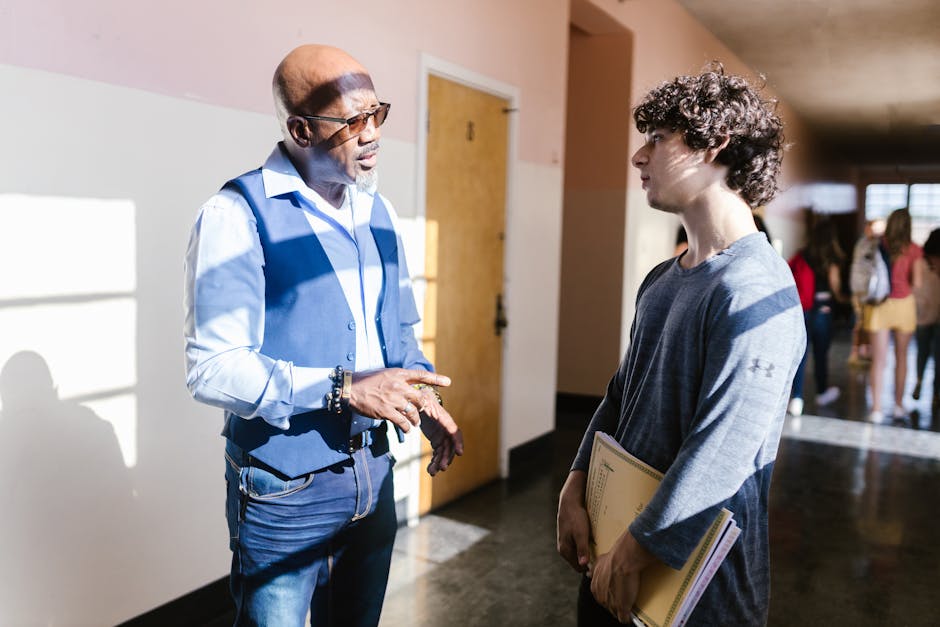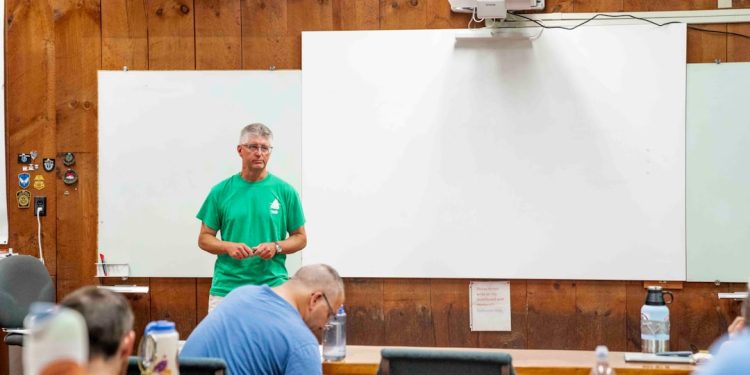No products in the cart.
Shoolini University Pioneers ICF-Accredited Coaching in India
Shoolini University becomes the first institution in India to offer ICF-accredited coach training, marking a significant shift in academic offerings.
In a groundbreaking move that could reshape the landscape of higher education in India, Shoolini University has become the first academic institution in the country to offer ICF-accredited coaching training. This initiative promises to equip students with essential skills that go beyond traditional academic knowledge, preparing them for the complexities of the modern workplace.
The international Coaching Federation (ICF) is globally recognized for its rigorous accreditation standards, ensuring that coaching programs meet high-quality benchmarks. With this new offering, students will not only learn the art of coaching but also gain insights into leadership, communication, and emotional intelligence—skills that are increasingly valued in today’s dynamic job market.

The launch of this program comes at a time when the demand for professional coaches is surging. Companies across sectors are recognizing the importance of coaching as a tool for enhancing employee performance and fostering a culture of continuous improvement. As organizations strive to navigate the complexities of the post-pandemic world, the need for skilled coaches who can facilitate growth and transformation has never been more critical.
 Career Advice
Career AdviceNavigating the Internship Labyrinth: Your Guide to Choosing Wisely
Choosing the right internship can set the stage for your career. Dive into our guide to navigate this vital decision.
Shoolini University’s decision to integrate ICF coaching into its curriculum reflects a broader trend in education where institutions are re-evaluating their roles in preparing students for the future. The program is designed to cater not only to aspiring coaches but also to professionals looking to enhance their leadership capabilities.
As organizations strive to navigate the complexities of the post-pandemic world, the need for skilled coaches who can facilitate growth and transformation has never been more critical.
“We are thrilled to be at the forefront of this educational innovation,” said Dr. Atul Khosla, Vice Chancellor of Shoolini University. “Coaching is not just about guiding others; it’s about unlocking potential—both personal and professional. Our students will emerge from this program ready to lead and inspire.”
But what does this mean for students? For many, the prospect of becoming a certified coach offers a new avenue for career advancement. It opens doors to various industries, from corporate settings to educational institutions, where coaching can play a pivotal role in employee development and organizational success. Furthermore, the skills acquired through this training can empower students to embark on entrepreneurial ventures, creating their own coaching practices.
However, the integration of coaching into academia is not without its challenges. Critics argue that the emphasis on coaching could divert attention from core academic subjects. Some educators worry that the focus on soft skills might overshadow the importance of technical expertise and critical thinking, which are also vital in the workforce.
 Artificial Intelligence
Artificial IntelligenceTransforming Emotional Intelligence Training with AI
Explore how AI tools are revolutionizing emotional intelligence training, fostering empathy and feedback skills crucial for career development.
Read More →Despite these concerns, the potential benefits of coaching training are substantial. Research shows that organizations with coaching programs experience improved employee satisfaction, increased productivity, and enhanced overall performance. As companies prioritize employee well-being and development, skills acquired through ICF-accredited training could give graduates a competitive edge.
Moreover, as the gig economy continues to grow, the ability to coach oneself and others will become increasingly important. In a world where the traditional career ladder is being replaced by a more fluid approach to work, coaching skills can empower individuals to navigate their paths with confidence and clarity.
Some educators worry that the focus on soft skills might overshadow the importance of technical expertise and critical thinking, which are also vital in the workforce.
Shoolini University’s initiative has the potential to inspire other institutions across India and beyond. As more universities recognize the value of coaching as an integral part of education, we may witness a paradigm shift in how students are prepared for the workforce.
 Education
EducationIndia’s Skills University Experiment: Can YISU Succeed Where So Many Have Failed?
India’s new skill university in Telangana is setting an ambitious precedent: job-linked learning, modern curriculum, and real accountability. Is this…
Read More →In conclusion, Shoolini University’s pioneering ICF-accredited coaching program represents a significant step toward a more holistic approach to education. By blending academic rigor with essential life skills, the university is setting a new standard for what it means to be career-ready in the 21st century. As the demand for coaching continues to rise, this initiative not only benefits students but also positions India as a leader in innovative educational practices.











